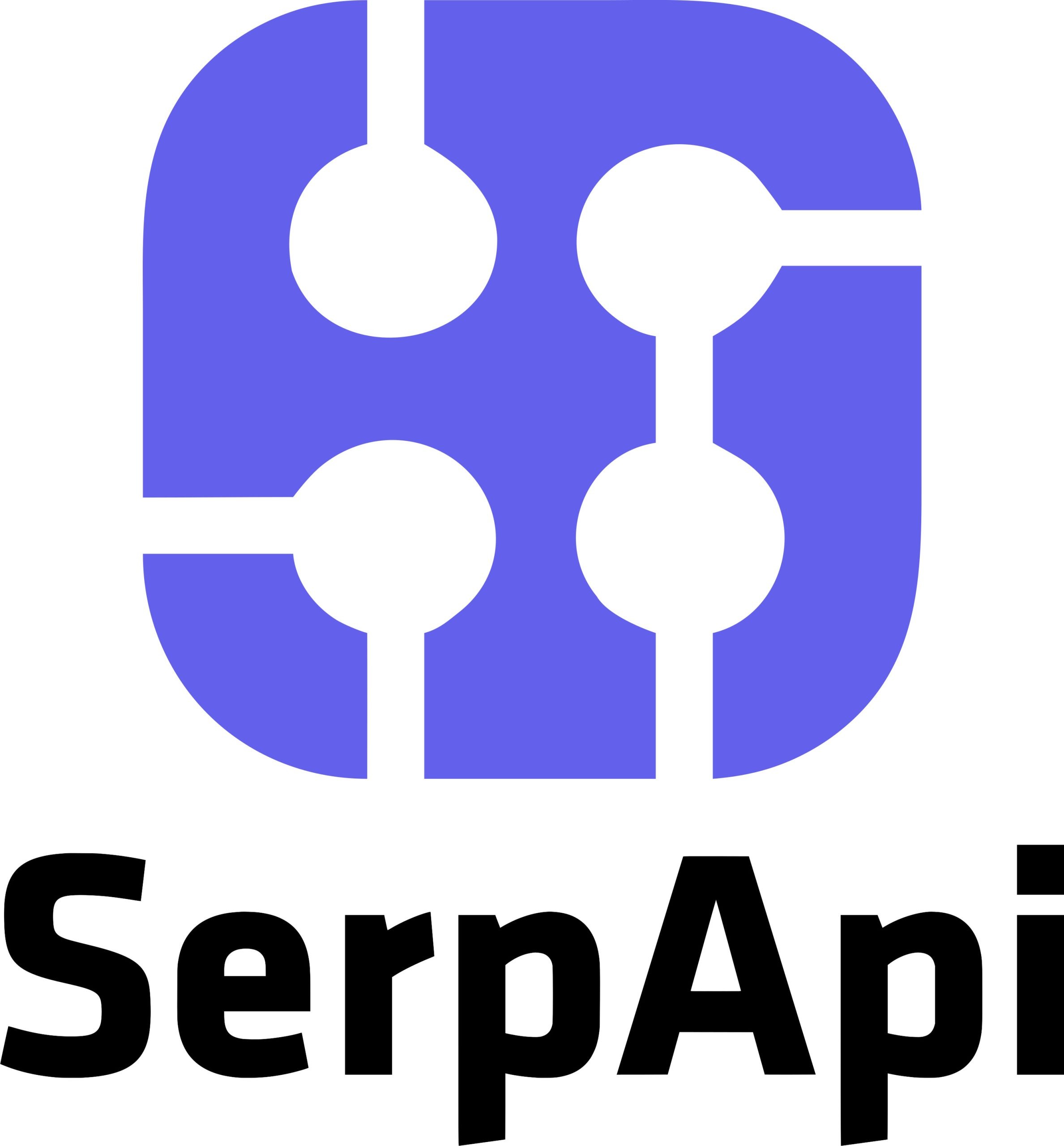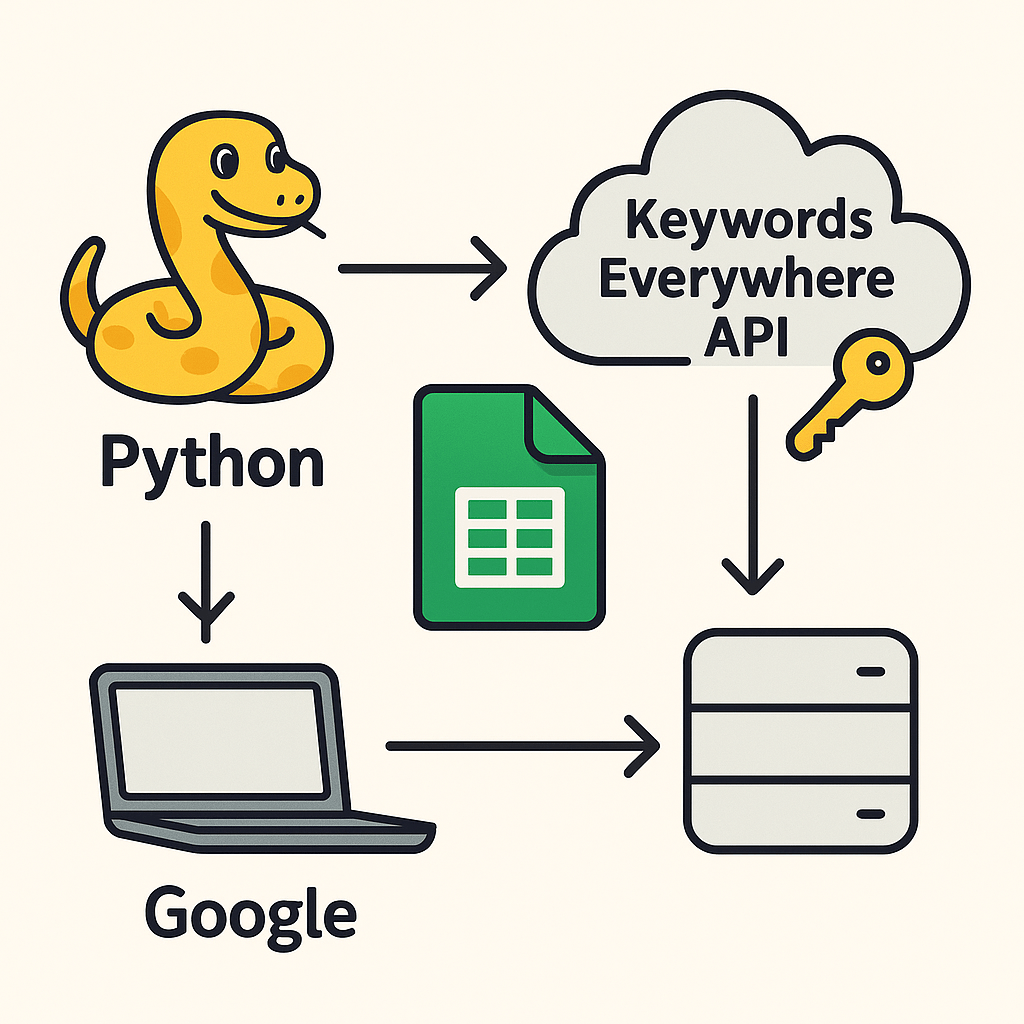SEO works best as an ongoing, user-led discipline rather than a one-off task. Rankings change as search demand shifts, competitors improve, and search engines update how results are evaluated. A sustainable approach focuses on relevance, usefulness, and technical accessibility — and then measures outcomes over time.
This guide explains why long-term SEO tends to outperform short bursts of activity, and what a practical, test-and-learn approach looks like in real workflows.
Table of contents
- Why SEO is a long-term strategy
- User intent and search behaviour
- A test-and-learn approach
- Technical foundations and accessibility
- Content quality, trust and E-E-A-T signals
- Avoiding shortcuts that create risk
- Future-proofing: building resilience through value
- FAQs
Why SEO is a long-term strategy
SEO performance usually compounds. Improvements to site structure, content relevance, internal linking, and technical health can take time to be discovered, crawled, indexed, and reflected in results. Even when changes are implemented quickly, outcomes are typically influenced by broader factors such as seasonality, competitor movement, and broad search updates.
Google describes core updates as broad changes designed to improve search results overall, rather than fixes targeted at individual pages. That naturally favours a consistent, quality-led approach over tactics aimed at short-term spikes.
Practical takeaway: long-term SEO is less about chasing individual ranking fluctuations and more about building a site that consistently meets searchers’ needs.
Related official guidance: Google: Core updates
User intent and search behaviour
Search is driven by intent: people want answers, comparisons, reassurance, directions, or a product/service decision. A user-focused strategy starts by identifying the intent behind queries and aligning pages to satisfy it clearly and quickly.
- Informational intent: learning, researching, understanding.
- Commercial intent: evaluating options, comparing brands, checking reviews.
- Transactional intent: buying, booking, signing up.
- Navigational intent: finding a specific brand, tool, or website.
When content matches intent well, it is more likely to earn engagement signals such as longer dwell time, deeper navigation, and more returning visits — outcomes that often align with stronger organic performance over time.
Related official guidance: Google: Creating helpful, reliable, people-first content
A test-and-learn approach
Long-term SEO is typically most effective when treated as a continuous improvement cycle:
- Diagnose: find the highest-impact opportunities (technical, content, internal linking, SERP intent mismatch).
- Hypothesise: define what should change and why it should improve outcomes.
- Implement: ship changes in controlled batches (templates, clusters, or page types).
- Measure: review impressions, clicks, rankings, conversions, and engagement against a baseline.
- Iterate: keep what works, refine what is inconclusive, and stop what fails.
Worked example (anonymised)
Scenario: a set of category pages attracted impressions but low clicks.
- Observation: titles and headings were generic, and the SERP intent skewed towards comparisons and “best of” lists.
- Change: the pages were restructured to answer key comparison questions, improve internal links to subcategories, and clarify propositions in titles and introductions.
- Measurement: click-through rate improved first, then non-brand clicks increased over the following weeks as more pages were crawled and re-evaluated.
This type of structured iteration is difficult to achieve with “one-and-done” SEO.
Technical foundations and accessibility
User-focused SEO requires pages to be accessible to both people and search engines. Technical foundations do not replace content quality, but they enable content to be discovered, understood, and rendered reliably across devices.
- Crawlability and indexation: ensure important pages are discoverable and not blocked unintentionally.
- Site architecture: clear category structure and internal linking to support discovery.
- Performance and UX: improve load performance and reduce friction, particularly on mobile.
- Structured data where appropriate: help search engines interpret entities and page types.
Practical takeaway: technical health is an enabler of long-term growth, not a substitute for relevance and usefulness.
Content quality, trust and E-E-A-T signals
Search engines aim to surface helpful, reliable information. A user-focused strategy builds trust by demonstrating experience, subject knowledge, and transparency.
Ways to improve perceived quality and credibility include:
- Clear authorship: name the author, include a bio, and link to credentials where relevant.
- Evidence and specificity: use examples, data, and measurable outcomes (even anonymised) rather than broad claims.
- Maintenance: keep content accurate and updated; remove or consolidate thin or redundant pages.
- Original insight: add perspective, frameworks, or methodologies that go beyond generic summaries.
Editorial standard: avoid absolute statements that cannot be evidenced. Where outcomes vary by site or niche, use language such as “can”, “often”, or “tends to”.
Avoiding shortcuts that create risk
Shortcuts can produce temporary gains but create volatility and long-term risk. Google’s spam policies describe practices that can lead to ranking demotions or removal from results.
Examples include (but are not limited to):
- cloaking
- doorway pages
- automatically generated spam content at scale without value
- link spam (including buying or exchanging links to manipulate rankings)
Related official guidance: Google: Search spam policies
Future-proofing: building resilience through value
Search environments change — from interface updates to ranking system improvements to new ways people discover information. A resilient strategy is rooted in user value: clear positioning, content that satisfies intent, and a technically sound website.
The most durable work tends to be:
- intent-led (built around what people genuinely want to achieve)
- maintained (reviewed and improved over time, not left to decay)
- credible (transparent sources, expertise, and editorial quality)
- accessible (easy to crawl, fast enough, and usable on mobile)
That combination is difficult to replicate quickly, which is precisely why SEO works best as a long-term, user-focused strategy.
FAQs
How long does SEO take to work?
It depends on the website’s baseline (technical health, authority, content gaps), the competitiveness of the niche, and how much is being changed. Many sites see early signals first (indexation, impressions, CTR changes), with more meaningful outcomes following as improvements compound.
What should be measured to judge progress?
Useful measures include organic impressions and clicks, click-through rate, rankings for priority query sets, conversions (where trackable), and engagement indicators such as returning users and depth of visit. Segmenting brand vs non-brand performance is often essential.
Are Google core updates always bad for a website?
No. Core updates are broad changes designed to improve results overall. Some sites may increase, some may decrease, and many may see little change. A quality-led approach tends to reduce reliance on fragile tactics.
What is “people-first” content in practice?
It is content created primarily to help searchers, demonstrating clear purpose, substance, and reliability. It avoids pages made mainly for search engines, and it prioritises clarity, accuracy, and usefulness.




